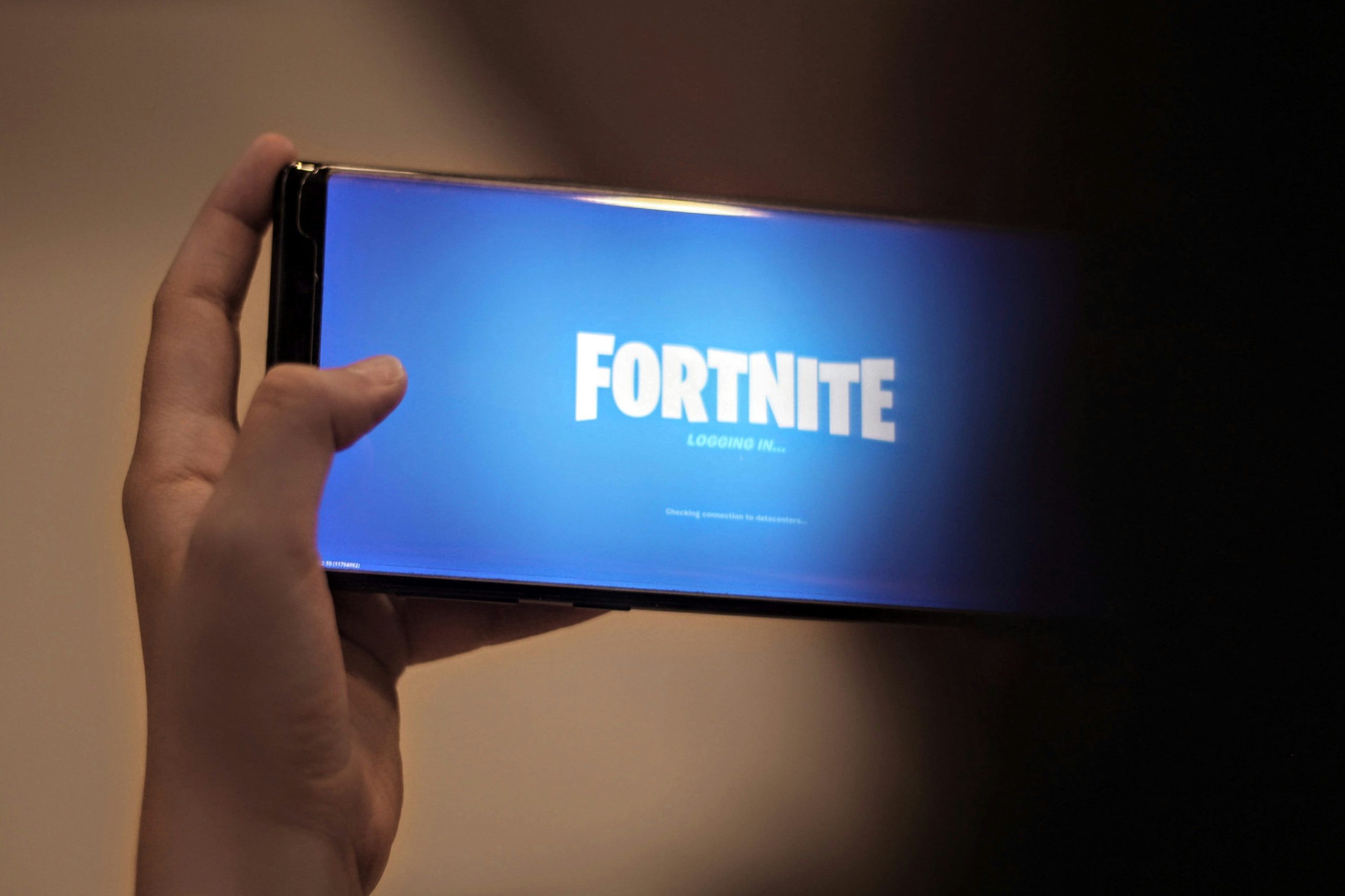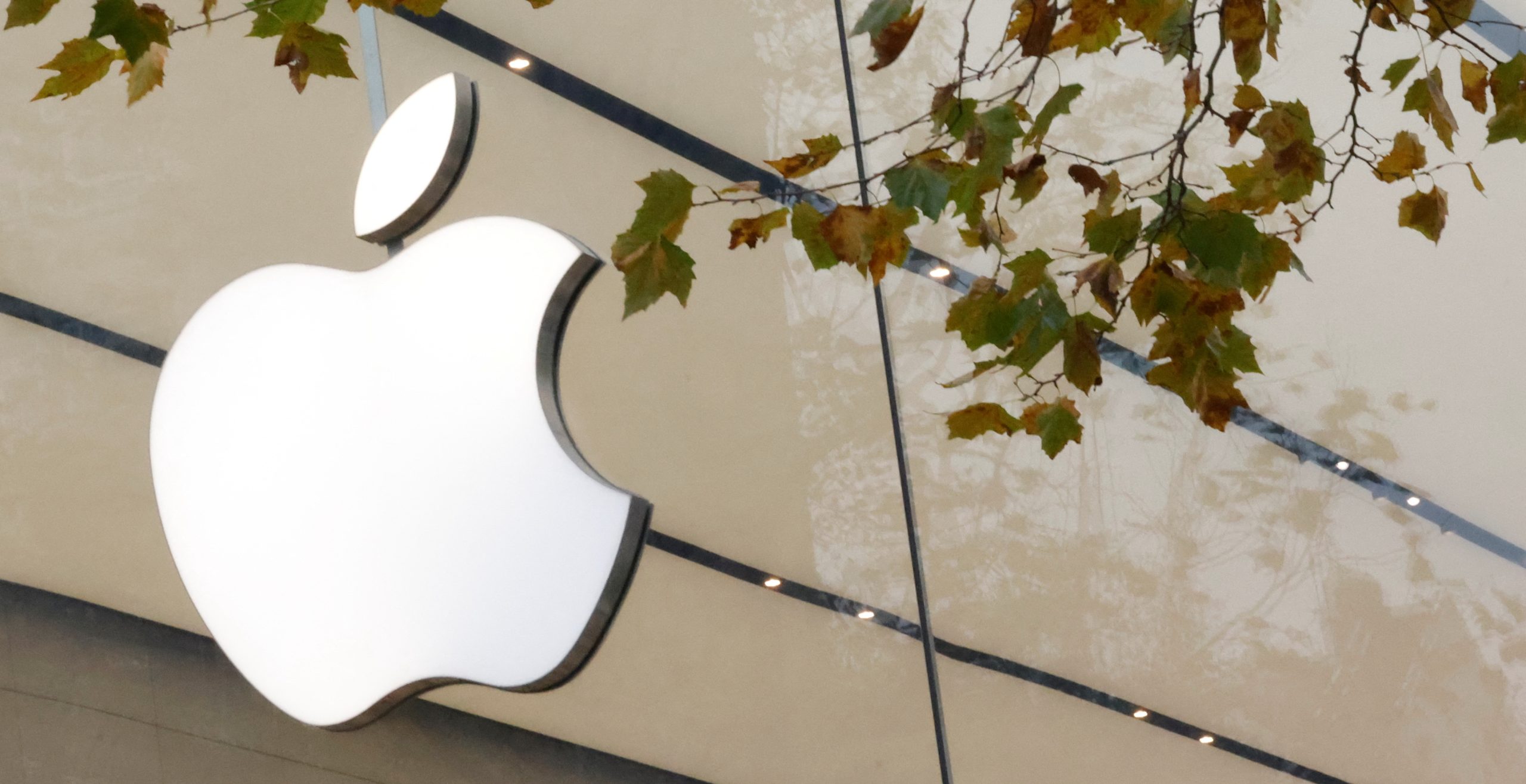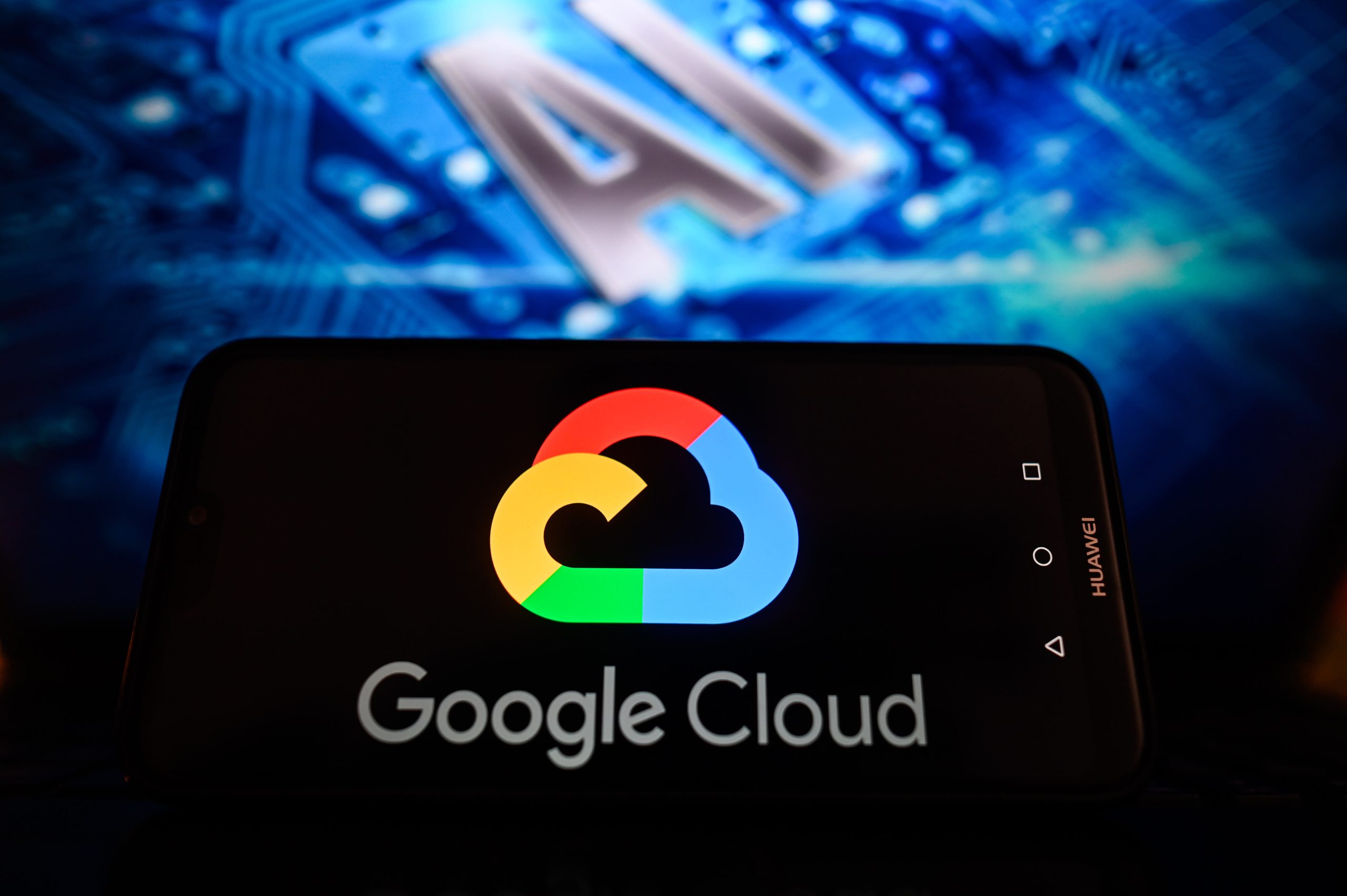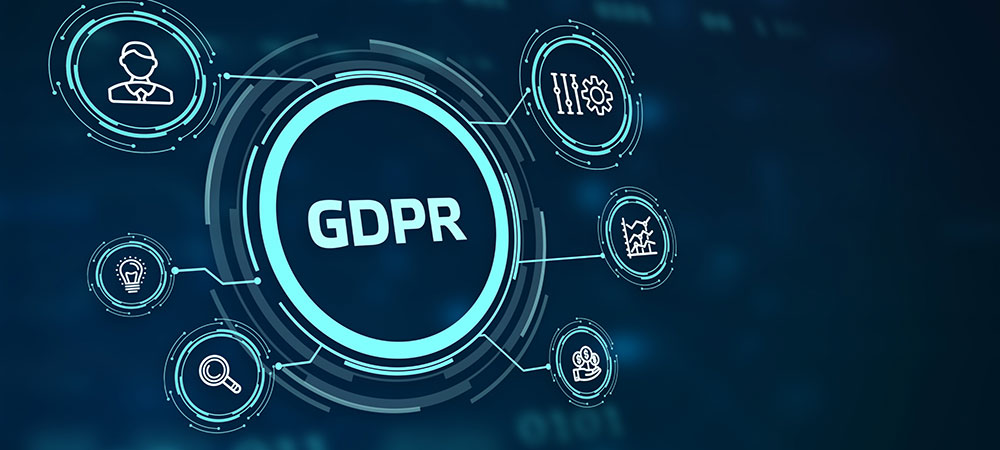
The ongoing saga between Apple and Epic Games has reached a crescendo with Apple’s abrupt termination of Epic’s developer account, igniting a firestorm of controversy and legal scrutiny from both sides of the Atlantic.
Epic Games, the creators of the wildly popular Fortnite, revealed that Apple has pulled the plug on its developer account, a stark reversal from the recent approval that hinted at Fortnite’s potential return to iOS devices in the European Union. This decision, Epic claims, constitutes a flagrant violation of the Digital Markets Act (DMA) and underscores Apple’s reluctance to foster genuine competition within the iOS ecosystem.
In a scathing rebuke on its company blog, Epic accuses Apple of wielding its power to suppress potential rivals and stifle dissent against its monopolistic practices. The termination, according to Epic, underscores Apple’s aversion to any challenge to its hegemony in the app economy.
Apple, on the other hand, defends its actions as a response to Epic’s repeated breaches of contractual obligations and its contentious relationship with the tech giant. Phil Schiller, an Apple executive, pointedly reminds Epic of its past transgressions and alleges a pattern of deliberate defiance aimed at undermining Apple’s authority.
The conflict has attracted the attention of European regulators, who are scrutinizing Apple’s decision under the DMA, the Digital Services Act (DSA), and the Platform-to-Business Regulation (P2B). The EU’s intervention underscores the global ramifications of Apple’s actions and the need for greater accountability in regulating digital platforms.
At the heart of the dispute lies a fundamental clash of values: Apple’s desire to maintain control over its ecosystem and Epic’s quest for a more open and competitive environment. As the battle rages on, the implications for developers, consumers, and the future of app distribution are profound.
While Apple cites a US court ruling to justify its actions, the EU’s regulatory framework presents a distinct challenge, highlighting the complexity of navigating legal landscapes across jurisdictions. Apple’s unilateral decision raises questions about its compliance with EU regulations and its commitment to fostering innovation and fair competition.
As Epic Games and Apple lock horns in a battle for supremacy, the outcome remains uncertain. The stakes are high, and the repercussions could reverberate far beyond the confines of the courtroom. In a rapidly evolving digital landscape, the clash between industry titans serves as a stark reminder of the power dynamics at play and the imperative of striking a balance between innovation and accountability.
For more insights and updates, visit our KI Design blog here.
Stay connected with us on Twitter for the latest news and discussion





